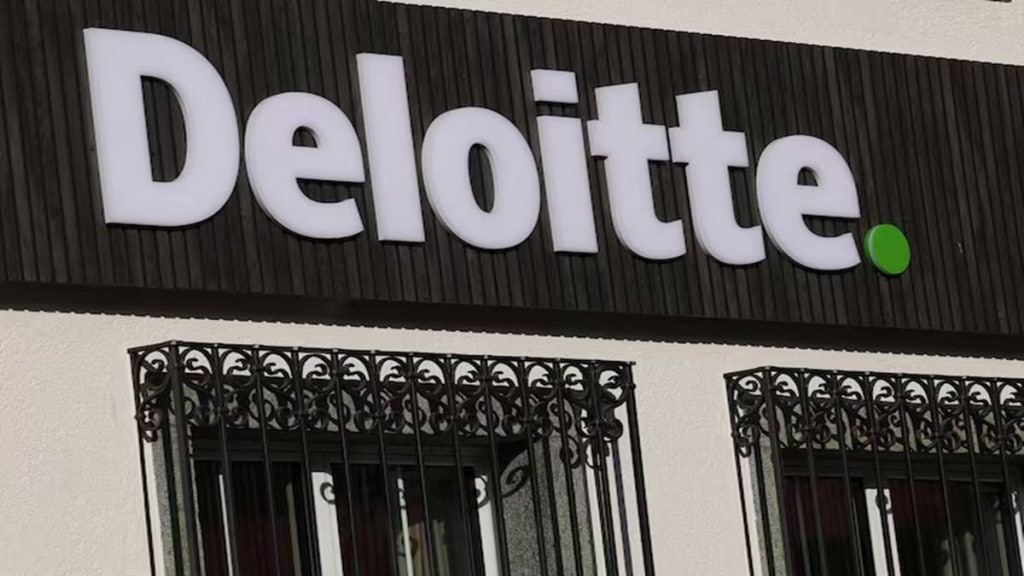Deloitte will return part of its payment from the Australian government over a $440,000 report that contained multiple errors. The tech firm has admitted it had used generative artificial intelligence (AI) to help produce the report. The Department of Employment and Workplace Relations (DEWR) confirmed the final instalment of the A$439,000 (US$290,000) contract will be refunded once the transaction is finalised, Guardian reported.
Deloitte to refund government after AI-generated report
Labor senator Deborah O’Neill criticised Deloitte, saying the firm had a “human intelligence problem,” calling the episode a “partial apology for substandard work.” Deloitte was hired in December 2024 by the Anthony Albanese government to conduct an independent assurance review of the Targeted Compliance Framework (TCF) and its IT system. This system automates penalties for jobseekers who fail to meet mutual obligations under Australia’s welfare programs.
The consultancy wrapped up the seven-month project earlier this year. When the report was published on July 4, it showed a range of issues, including poor traceability between the framework rules and the legislation, various “system defects,” and an IT setup described as “driven by punitive assumptions of participant non-compliance,” among others.
Errors found in report, AI use disclosed
In August, the Australian Financial Review flagged multiple errors in the report, including citations of non-existent academic references and a fabricated court case (Deanna Amato v Commonwealth.) University of Sydney academic Dr Christopher Rudge first mentioned these mistakes, calling them “hallucinations,” a term used when AI models fill gaps or guess answers inaccurately.
“Instead of substituting one hallucinated fake reference with a real one, they substituted multiple fake references,” Rudge said. “This suggests the original claims weren’t based on any single evidentiary source.”
On Friday, DEWR re-uploaded an updated version. It removed more than a dozen non-existent references while correcting footnotes and typographical errors alongside a rewritten reference list. The department confirmed that “the substance and recommendations of the report remain unchanged.”
Later, In the updated appendix, Deloitte acknowledged using a generative AI large language model (Azure OpenAI GPT – 4o) as part of the methodology. “A part of the report included the use of a generative AI large language model licensed by DEWR and hosted on DEWR’s Azure tenancy,” the updated report states.
The company, however, did not attribute the errors in the original report to AI and continues to stand by its findings. “The updates made in no way impact or affect the substantive content, findings and recommendations in the report,” Deloitte said. A Deloitte spokesperson added: “The matter has been resolved directly with the client.”
Senator Deborah O’Neill said the incident raised concerns about over-reliance on AI. “Deloitte has a human intelligence problem. This would be laughable if it wasn’t so lamentable. A partial refund looks like a partial apology for substandard work,” she said. O’Neill added that government agencies should verify who is actually doing the work they pay for and whether AI is being used. “Perhaps instead of a big consulting firm, procurers would be better off signing up for a ChatGPT subscription,” she said.
DEWR said the refund transaction and contract details will be made public once finalised.
